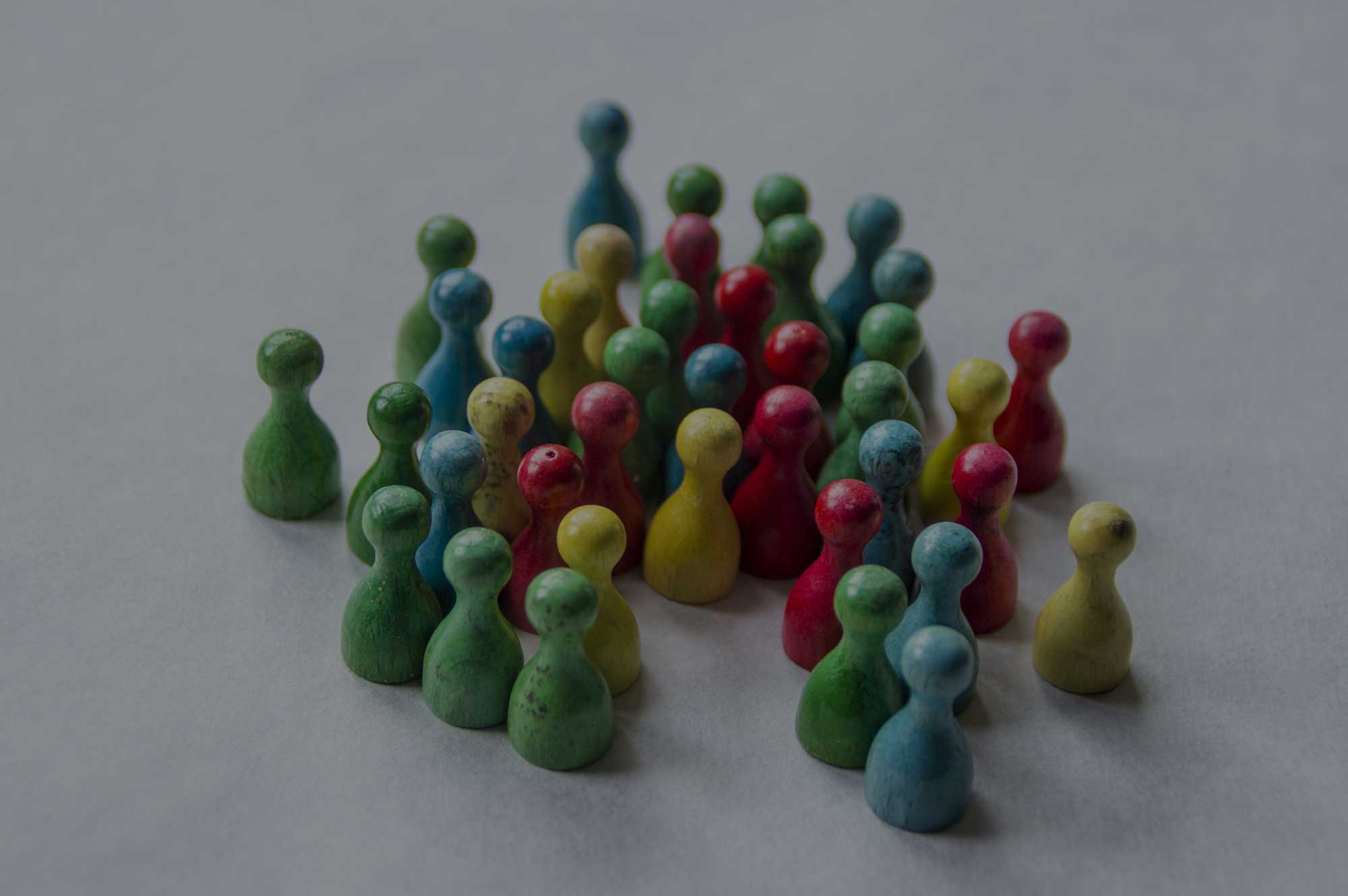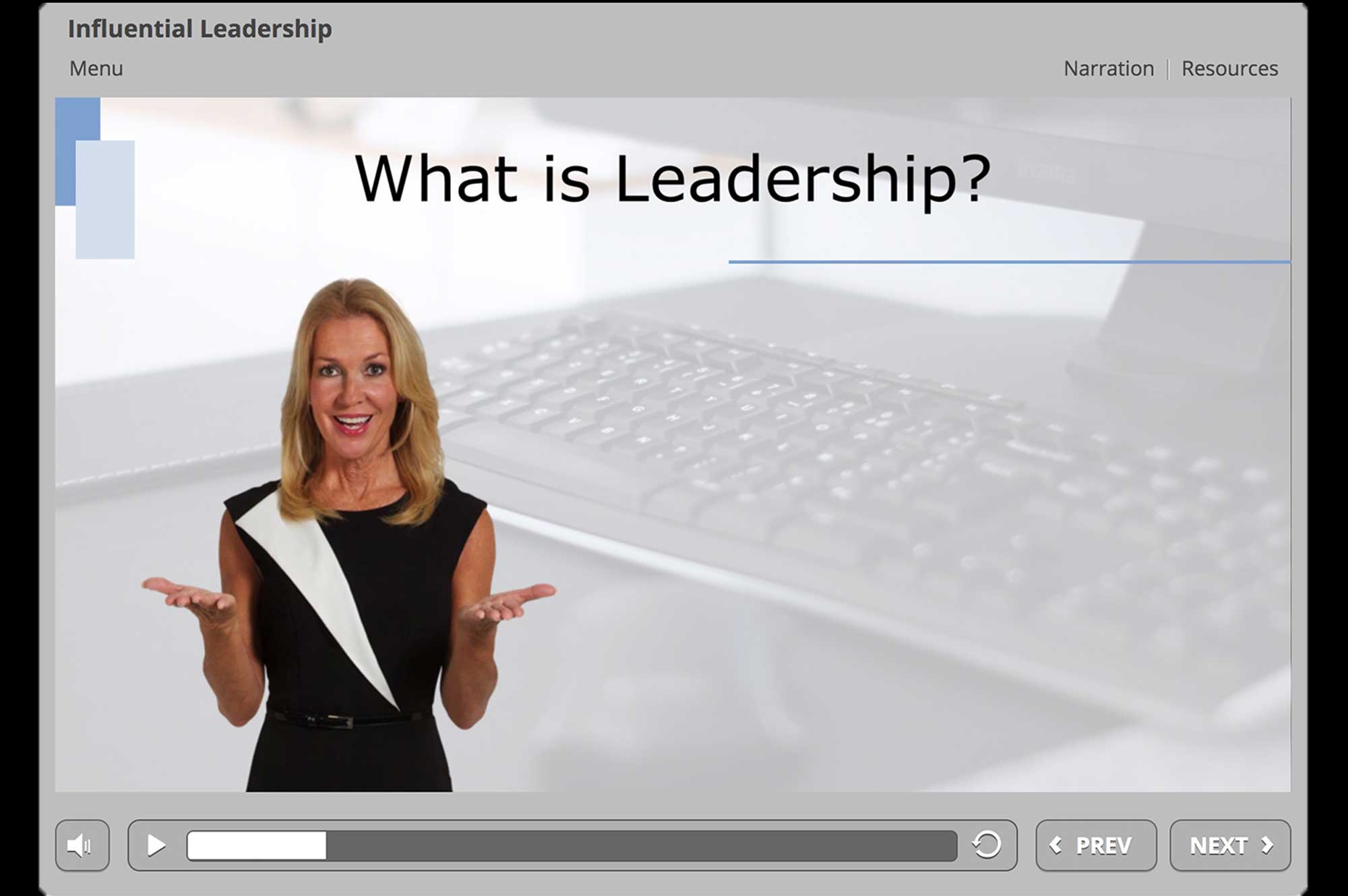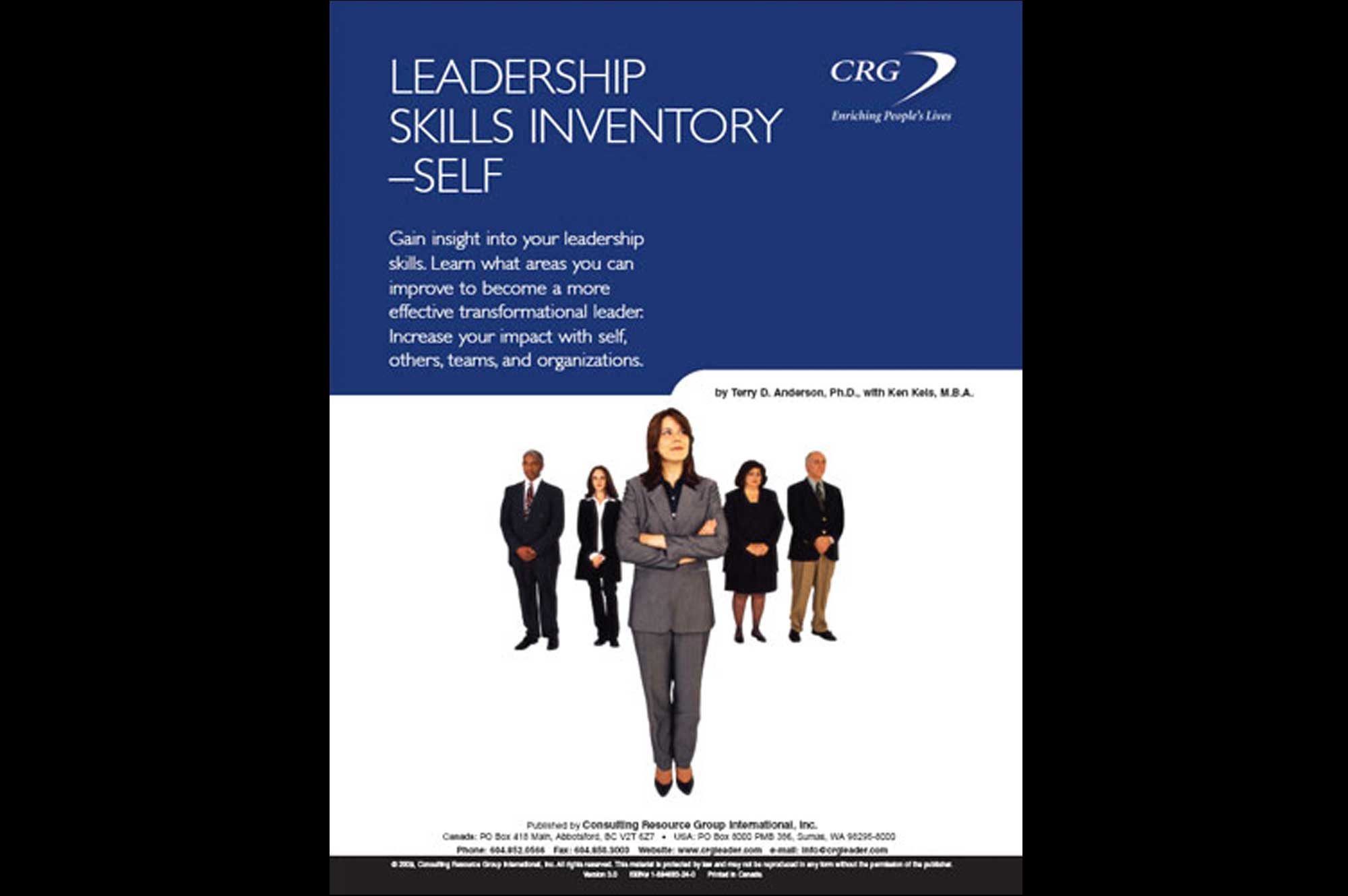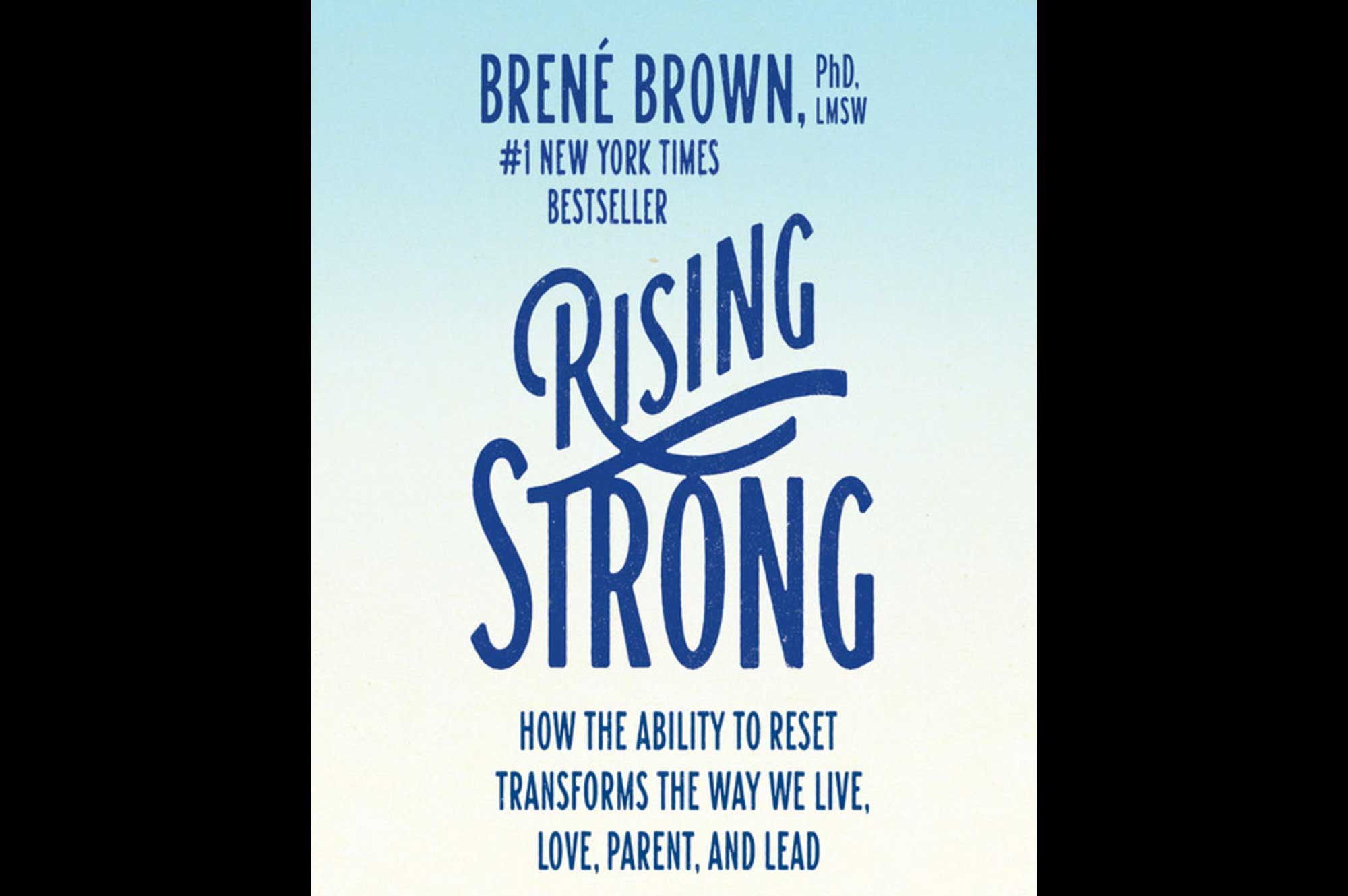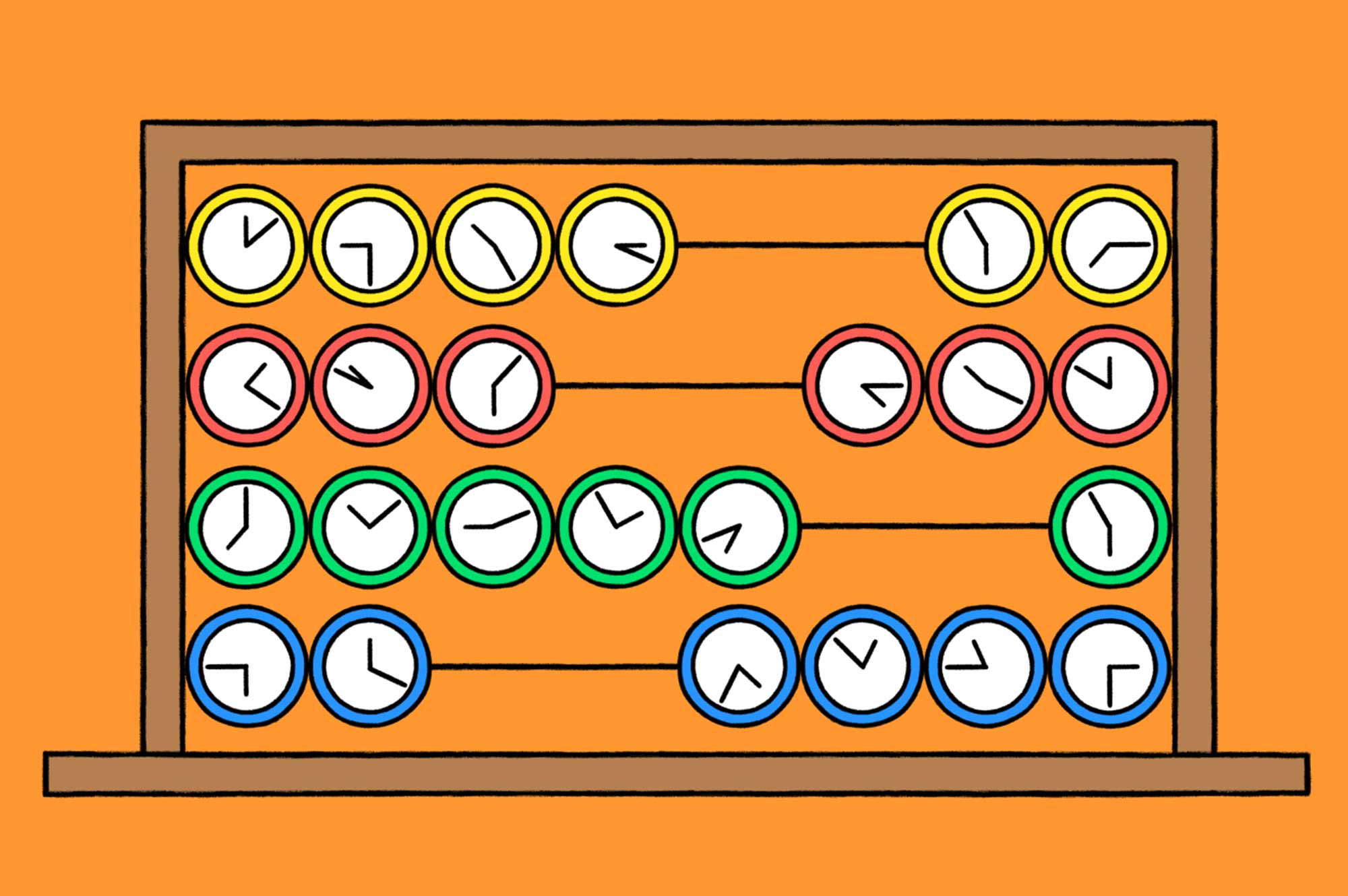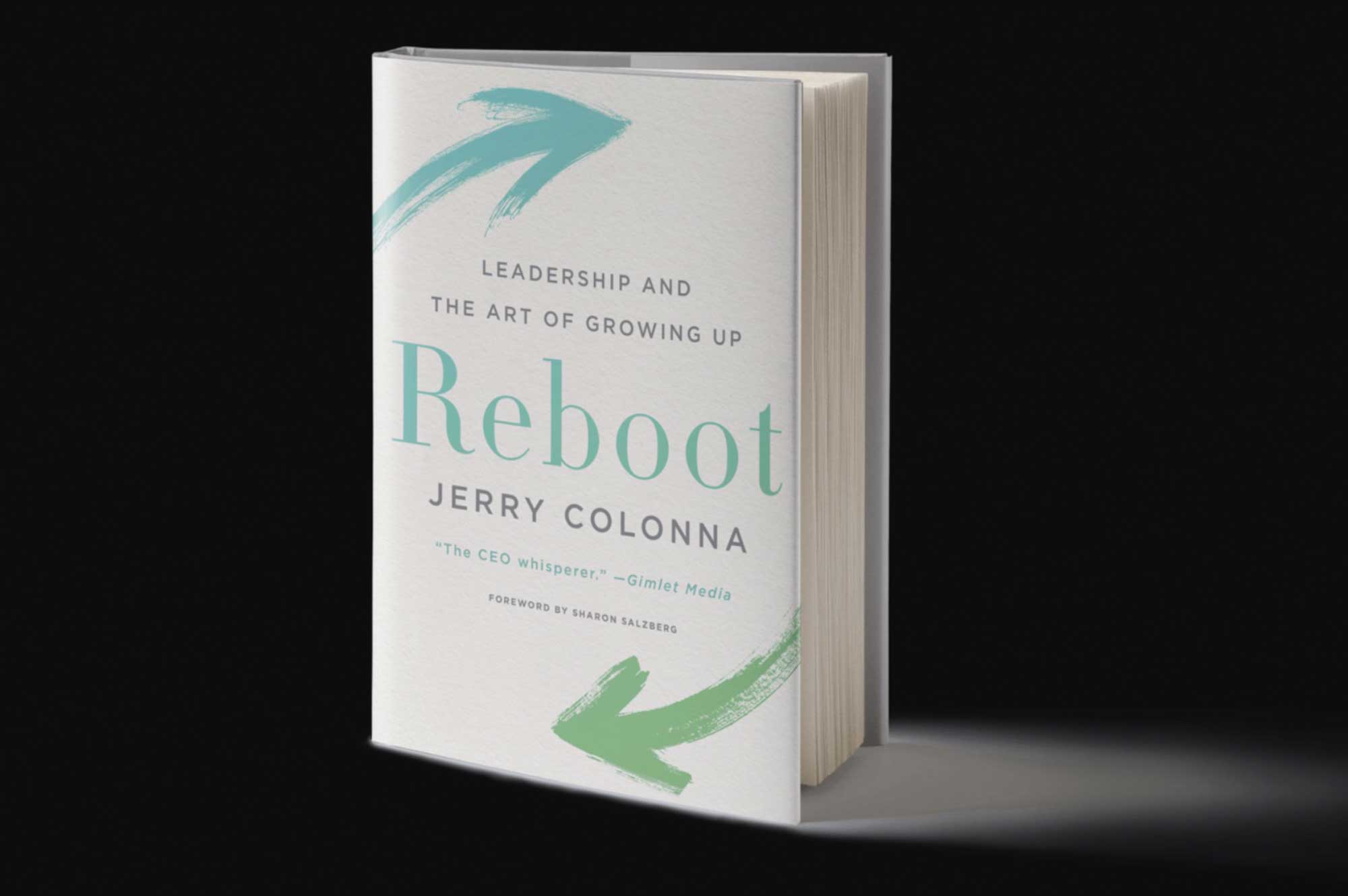Personal leadership describes an individual’s commitment to ongoing personal and professional development. It encompasses the individual’s unique approach to leadership, their values, integrity, and commitment to ethical practice.
Personal Leadership aligns with three of BC Corrections’ identified leadership competencies:
Personal Learning
Integrity, and
Adaptability
Personal Leadership reflects a strong and active interest in learning, an awareness of personal strengths and areas for improvement, participation in development opportunities and an openness to feedback. It reflects an adherence to a set of values and principles that the leader espouses and stays true to. It reflects leadership practices that are open, transparent, authentic and credible. It reflects adaptable leadership that responds easily to new environments and different conditions and an ability to remain flexible during times of change.
Personal Leadership is the foundation of effective, well-rounded leadership skills. With focus on Personal Leadership, we come to better understand ourselves, our value systems, our areas of strength and weakness, and the impact we have on others. By developing strong competencies in Personal Leadership, we gain the capacity to confidently lead others with authenticity and integrity.
Each topic below includes information on courses and/or workshops that are recommended on the path of relational leadership as well as additional resources that can be explored.
This Public Service Agency course focuses on the broad range of knowledge and skills that all excluded managers are expected to have to work effectively in government (From: Public Service Agency; Mode: In-person, scheduled course; Next offered: TBA).
This course explores the key characteristics of effective leaders who naturally influence and, as a result, build trust with others. (From: JIBC; Mode: Independent learning, online module; Next offered: ongoing)
The Leadership Skills Inventory is a self-assessment booklet designed to help you assess your leadership skills based on five areas (From: JIBC; Mode: Independent learning, downloaded materials; Next offered: ongoing).


